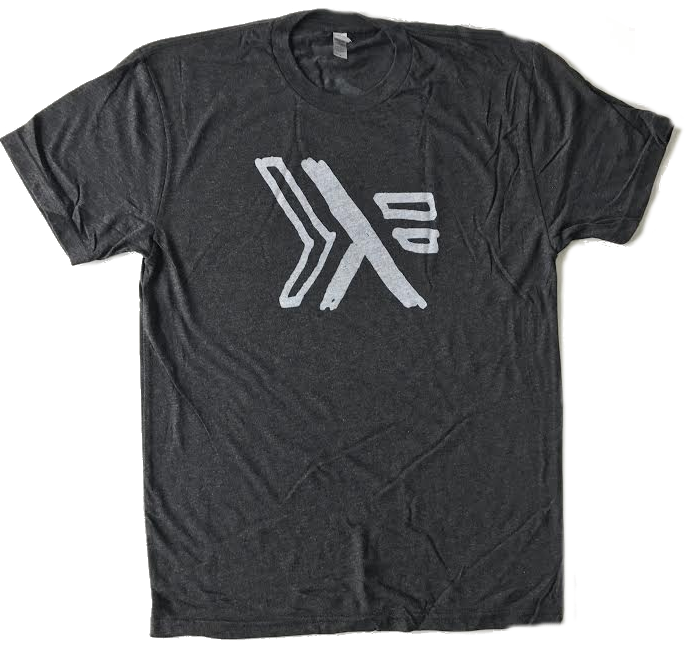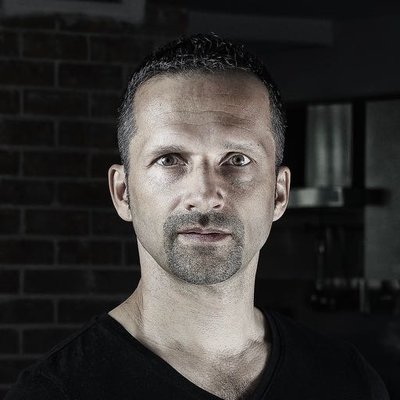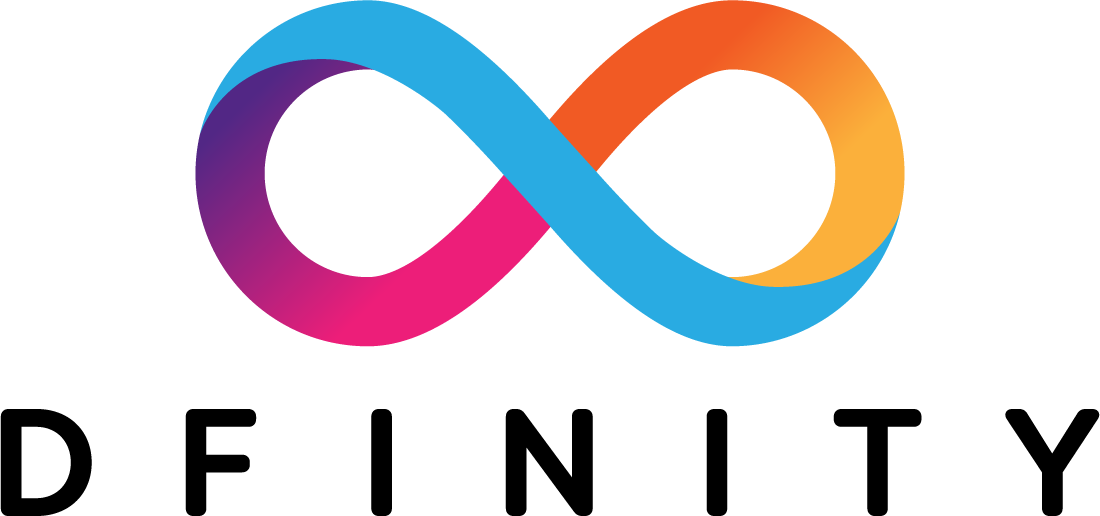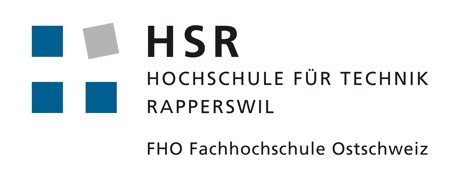About
Beginning of June 2018, the Zürich Friends of Haskell association will organize ZuriHac 2018, a three day Haskell Hackathon hosted at the HSR Hochschule für Technik Rapperswil. This is the seventh Haskell Hackathon organized in Zürich and and the second one which is hosted at the HSR. This fantastic venue is located right at lake Zürich and provides space for 400 participants.
The Haskell Hackathon is a free (as in beer), international, grassroots collaborative coding festival whose goal is to expand the community and to build and improve Haskell libraries, tools, and infrastructure.
This is a great opportunity to learn more about Haskell, meet fellow Haskellers in real life, find new contributors for your project, improve existing libraries and tools or even start new ones!
This event is open to any experience level, from beginners to gurus. In fact, one of the goals is to bring beginners in contact with experts so that the former can get a quick start in the Haskell community. This year, we will have a dedicated beginners' course, and there will be mentors on site whom you can directly approach during the whole event with any Haskell-related question you have.
Speakers
Schedule
All talks and keynotes take place in the aula (building 4). Lunch is served in the mensa (building 4). BBQ and Ramen will be consumed outside (in front of building 1).
Food
Lunch coupons are sold during registration. A coupon costs CHF 35 and includes lunch for three days. Vegetarian options are available during every lunch. Of course, you are always free to go to nearby restaurants and/or supermarkets, like the past years.
The exact menu will be announced here before the event.
- Friday: Sliced Veal with Rösti or Vegetable Lasagna gratinated with cheese
- Saturday: Pasta Italian Style (Bolognaise, Pesto or Mushroom sauce)
- Sunday: Roasted Chicken Breast with herb sauce, rice & carrots or Quorn Curry with fruit and rice
On Friday evening, there is a bring-your-own meat BBQ. Meat (or vegetarian/vegan alternatives) can be obtained from nearby supermarkets. Migros is nearby and has a decent selection, but it does not sell alcoholic beverages.
We are working with SudelNuppe to provide an on-site Ramen (Japanese Noodle Soup) dinner option for Saturday. The prospective menu can be viewed here. Coupons for this can be bought directly from the vendor on Saturday evening.
Coffee and refreshments
We have three coffee machines to serve free coffee during the event. These are located in the common hacking area in building 1 (first floor). RedBull has also provided a fridge with 600 cans free of charge.
C++ Standardisation Committee
The HSR is also hosting the spring session of the C++ standardisation committee from 04.06.2018 - 09.06.2018. In order to promote the cross-fertilisation of ideas between the two communities, the attendees of the C++ standardisation committee meeting will be welcome to attend the ZuriHac2018 keynote speeches. In turn, ZuriHac2018 attendees are welcome to take a peek at the meetings of the C++ standardisation committee. For more information on the C++ standardisation committee meeting, please refer to this link. In case you plan on attending a session, please send a short email to Peter Sommerlad (peter.sommerlad at hsr.ch).
Projects
In between the talks you can join one of these projects and help the maintainers out with bug fixes or new features. We have plenty of space available in 10 separate rooms where you can team up with your peers and work on your favourite project.
To submit your project, please open a pull request.
Haskell SpriteKit
eqsat
haskell-opencv
Frege
arithmoi
massiv
http2-client-grpc
Labyrinth
Secure Haskell Programming with LiquidHaskell
Cabal
Rome
DFINITY
stackage2nix
life-sync
Haskell Project Project
Quid2
Basic
Differential Equation Solvers
GRIN
Purely functional data structures
haskell-wasm
Quasar-lite
Transity
Building music types
sparse-linear-algebra
pandoc
Haskell Documentation Improvements
vindinium-rage
Refract
Flare Timing
Compiler Development
Distributed Algorithms Framework
Media Goggler
Game Programming for all
Baxter Text
Beginner track

We want to make the event accessible to Haskellers at all levels, which is why we will have dedicated mentors, and an introductory course by Julie Moronuki. and beginner-level Haskell exercises.
You can identify mentors from the black Zurihac shirt. They welcome any questions you may have, so please grab them if you have any issues or questions.
Beginner course

Julie Moronuki, the co-author of both Haskell Programming from first principles and The Joy of Haskell, has kindly agreed to teach a beginners course for people who are just getting started with Haskell. This beginner track will run on Friday and Saturday afternoon and will not conflict with any keynotes.
In case you are interested in the beginners track, we kindly ask you to fill in this very short poll so we have a better idea of how many people will attend the track and what the level of the audience is.
GHC DevOps track
It's hard to overstate how important GHC is to the Haskell ecosystem. That's why we are extremely proud that we will have a special GHC DevOps track at ZuriHac 2018.
This track is all about getting new contributors into GHC's code and the surrounding tooling. You do not need to bring any experience in working on GHC, we will introduce you to it and show that working on GHC is not as hard as you might expect.
Some GHC contributors will be present to help you find your way around the projects, and there will be hacking sessions to improve the tooling in particular.

Long-time GHC contributor Manuel Chakravarty will be present, and we'll have a few talks about GHC internals.
If you are interested, then please consider filling out this poll to help the track organizers prepare.
The GHC DevOps track is located in room 1.271, but the Saturday talk will take place in the aula.
- Friday 15:00: Niklas Hambüchen
- Friday 16:00: Andreas Herrmann (Newcomers Tutorial)
- Saturday 15:00: Manuel Chakravarty
Venue
This year the hackathon takes place at the HSR Hochschule für Technik Rapperswil. The location is about 40 minutes outside of the Zurich city.

Oberseestrasse 10
8640 Rapperswil-Jona
The Hackathon mainly takes place in two buildings: Building 1 and Building 4. For a detailed overview, please use this PDF map of all rooms. The ones highlighted in green are the areas available for ZuriHac.
- Building 1 has the welcome area (where you sign in) on the ground floor, a large open space for hacking on the first floor, and 13 classrooms that are available for projects on the second floor.
- Building 4 has the mensa (for lunch) on the ground floor, and on the second floor there is the aula (where the keynotes happen) and a large classroom (4.113) for the beginner track.
The venue is located right next to the lake, and weather is predicted to be superb (25°C, 77℉), so feel free to bring your swimming gear!
Getting there
You can take the S7 or S15 to get from the Zurich main station to Rapperswil. These trains run regularly in 30 minute and 60 minute intervals, respectively. Google maps works well for directions if you use the "public transport" tab.
If you arrive at the Zurich airport, first take the train to the Zurich main station and then continue with S7 or S15. Trains from the airport towards the city run every few minutes.
Train tickets
If you stay in Zurich city, the easiest option is to get a 24 hour pass for all zones. It's good for all public transportation around Zurich, up to Rapperswil. A one-way ticket costs 17.20CHF, the 24 hour pass 34.40CHF. If you want to stay closer to the venue and save on transportation, please see the section further below with accomodation suggestions around Rapperswil.
Please note that the 24 hour pass is literally a 24 hour pass and can be used over multiple days: e.g. if you buy one on the first day of the Hackathon at e.g. 9.00, you can still use it to take the train at 8.00 the next day. This way, it is possible to buy only two tickets for the three-day conference.
A lightly cheaper alternative to the 24 hour pass is the 9 O'Clock day pass which works more like a regular day pass. However, this requires you to take the train to Rapperswil after 09:00 on Friday, as described on the website.
You can buy tickets from the SBB or ZVV vending machines, which have a button to use them in English rather than German on the home screen. Alternatively, you can use the ZVV ticket app on Android or iOS.
Getting around
See this map for more information on accomodation, grocery stores, and other useful places.






Registration
To the registration formOnce we reach maximum capacity you will be queued into a wait list. In case that somebody cancels we will fill up the seats from the wait list in first come first serve order and let you know. Do not book anything before we have confirmed a seat for you (in a confirmation email) though. Confirmation emails are sent out in batches and this is a manual process, so expect some delay there.
Contact
If you have any questions before the event, please reach out to Jasper Van der Jeugt, Simon Meier or Farhad Mehta.
Before the event, and in particular during the event, you can find us and other participants on our (attendees only) mailing list, the Zurihac Slack or on the #zurihac channel on freenode (open in your IRC client. In addition, feel free to post on Twitter and Google+ using the hashtag #ZuriHac2018.
Who are we?
Organizing ZuriHac would not be possible without the help of all volunteers involved.
- Main Organizers: Jasper Van der Jeugt, Farhad Mehta, Simon Meier
- Beginner Track: Nicolas Gagliani, Martin Huschenbett
- GHC DevOps Track: Andreas Herrmann, Niklas Hambüchen
- Website: Tomas Carnecky
- T-Shirts: Carl Baatz
- Sponsoring: Arvin Moezzi, Ivan Kristo
- Statistics: Gleb Peregud
- HSR Location and Facilities: Ingrid Vettiger, Farhad Mehta
- Food and Beverages: Niklas Hambüchen









